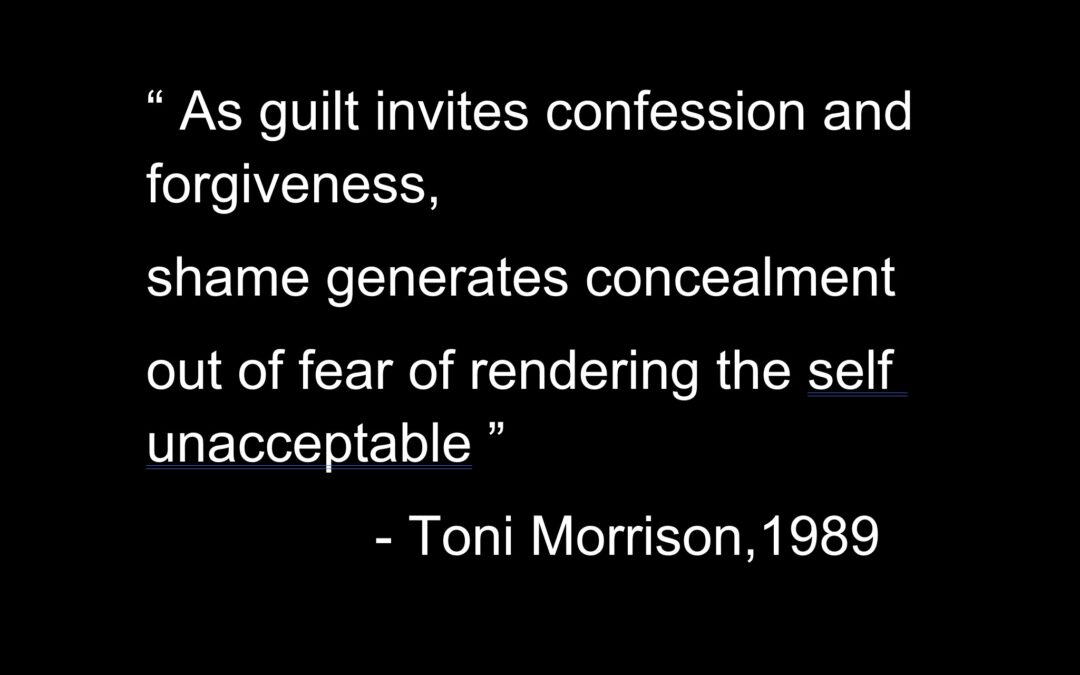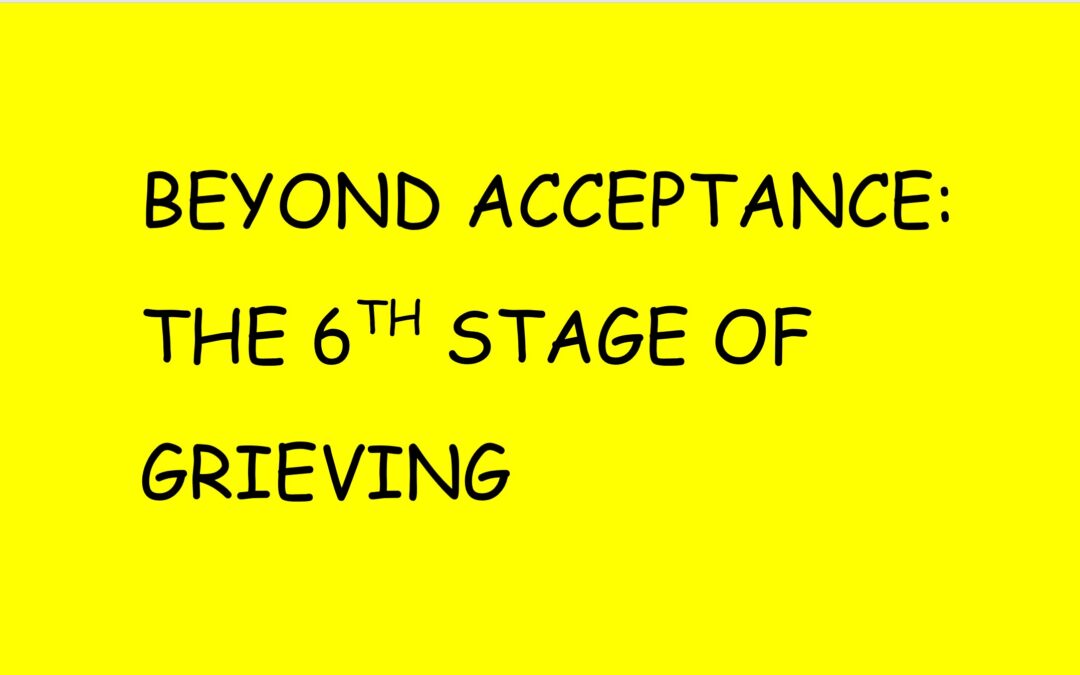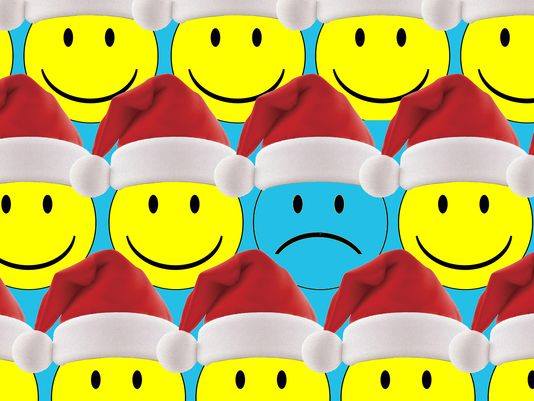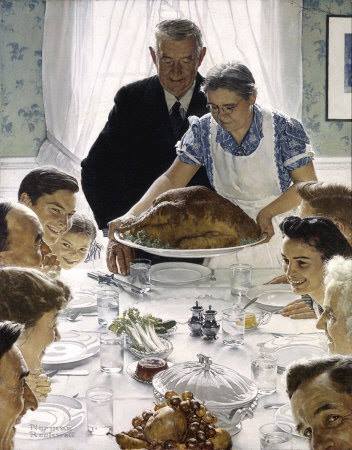
by Rev. Michael Heath | Sep 3, 2022
Psychologists write a lot about guilt and shame. Shame vs. Guilt – Brené Brown (brenebrown.com) False guilt and trauma induced shame are two of the most emotionally destructive experiences felt by clients and challenging for therapists to treat.
Despite their notoriety, folks often confuse their meaning. Guilt-Tripping and Emotional Manipulation | Pastoral Counseling Syracuse NY (revmichaelheath.com) For example, it is common for people to use the terms interchangeably. In fact, their meanings are quite different.
Today, we’ll highlight the differences between guilt and shame and suggest ways to deal with and reduce their impact.

by Rev. Michael Heath | Apr 17, 2022
Recently I was asked to do an interview to explain what pastoral counseling is. I was glad to talk to the reporter because, over the years, I have found that many people are confused by the term.
Of course, folks know what the words pastoral and counseling mean. The problem is that, when taken together to designate a therapeutic approach, the meaning isn’t clear.
For example, ministers, rabbis and imam’s provide religious counsel for their followers. Also, non-psychologically based efforts such Christian or Bible-based counseling offer services for a fee.
Perhaps the lack of understanding stems from the fact that, when compared in size with other counseling professions like social work or psychologists, the number of pastoral counselors is relatively small. Nonetheless, I believe that pastoral counseling brings an important perspective to psychotherapy which is particularly relevant in today’s over-stressed world.
Therefore, to really understand what pastoral counseling is, two myths about it must be debunked, i.e. that it is directive/judgmental and that it is only for “religious” clients. Knowing what pastoral counseling is not , we can better appreciate what it is. Specifically, pastoral counseling has two unique and distinguishing characteristics:1) its integrative world view and 2) its training requirements.

by Rev. Michael Heath | Jan 15, 2022
I’ve noticed that, as we start the new year in the midst of COVID, many folks are struggling with loss and grieving. For some, the loss involves the death of family members or loved ones. For others, it has meant the loss of financial security. And, for others, COVID has meant the frustrations encountered in the loss of normalcy.
For many, the words grief and grieving are synonymous with the name Kubler-Ross and the five stages of grief. Five Stages Of Grief – Understanding the Kubler-Ross Model (psycom.net) What you might not be aware of are the important developments in grief research which have taken place over the past 40 years since Kluber-Ross’s publication. This research has significantly advanced our understanding of the grieving process and revealed that there is yet another stage of the recovery process.
One important discovery explains how the grieving process ends. Rather than finishing with the 5th stage of acceptance, research has shown that folks who have reported successfully recovering from serious loss have reported finding a new purpose in their life which has given rise to hope and joy about the future.

by Rev. Michael Heath | Dec 16, 2021
Let’s face it, for many folks, the holidays can be difficult. Given the media pressure to be happy, it is tough to be blue during the holidays. Amid the hustle and bustle of Hanukkah and Christmas hype there are many folks for whom the season is not joyous or bright. Adding to the normal strain, is the latest surge of COVID-19 and the new Omicron variant.
Although many of us look forward to Christmas as a time for gifts and to celebrate family and friends, there are many others for whom the occasion is difficult and even painful. Death , divorce, financial troubles , loneliness , depression and failing health are but a few of the reasons which keep many folks from experiencing the full joy of the holiday.
While we can’t always make things all better when we encounter someone who is blue, being aware of his or her plight can help us to be more sensitive and compassionate in our interactions with them.
It is important to remember that what folks who are blue really need during this painful time is empathy and understanding. Here are some tips to help you improve your empathy skills and to show more kindness and sensitivity to those you meet during this holiday season :

by Rev. Michael Heath | Nov 24, 2021
Although we like to think that getting together for Thanksgiving is as wonderful at this Norman Rockwell painting, most of us know that it is not. Unfortunately, for many folks, these events can be quite stressful. Longstanding interpersonal conflicts and struggles over old grudges, politics or religion can spoil even the most perfectly planned events.
As if family gatherings weren’t difficult enough, Covid-19, has added yet another layer of problems with which we have to deal. That said, it is important to take time, to step back and to appreciate and experience the blessings we have.
Here are some tips to avoid trouble and make this festive time more enjoyable and less anxiety ridden:

by Rev. Michael Heath | Sep 16, 2021
I know that it is tough to keep up with all of the changes in technology but, there is one in social media that all parents should know about. It is called INSTAGRAM SELFIE FILTERS. How to Add Instagram Filters to Existing Photos – Followchain
Photo filters have been around for some time . (You know a feature which will put a deer’s nose or elfin ears on on your face.) What has put Instagram in the news, however, is their image enhancement filter . New research reveals that using selfie-filters is emotionally harmful (toxic) for teenagers. Sadly, these reports were hidden from the public by Facebook for years. Now that they have been revealed, here is what you need to know.
Specifically, the alert is being sounded for parents due to the negative psychological impact that some of Instagram’s body and facial altering filters have on teens,. i.e. use lowers self-steam and dramatically increases anxiety and depression. As seen in the pictures below*, the effect of the filters are restrained. They digitally add make-up, slim facial structure and subtly alter the overall image. Instagram Toxic for Teen Girls, Research Suggests – NBC Bay Area
The subtlety of the changes are the problem . The person who uses them is still recognizable but looks “better.” The damaging message that these visual changes give to the young people who use the filters is that: Your image needs enhancement or, inversely, the way you look, naturally, is not okay.
This message plays upon the vulnerability of young folks who fear that they are not attractive enough to compete with the social competition and will wind up being alone. Loneliness and the Human Need for Connection | Pastoral Counseling Syracuse NY (revmichaelheath.com)
Another factor which makes dealing with this issue so difficult is our culture’s emphasis on looks. The way media creates unrealistic expectations especially for women and heightens self-doubt about their appearance. In other words, features like enhancement filters undermines a teen’s acceptance of their natural appearance and encourages them to change {“improve”) it . That said, here are seven tips for parents to help their teens cope with this difficult issue :

by Rev. Michael Heath | Jul 3, 2021
Because of the added stress of COVID-19 , many couples report that they are having less sex than usual and feel like they are sailing in the sexual doldrums. (see photo) So, today I want to share some tips for couples who want to break out of their sexual doldrums and perk up their physical intimacy. Easy Ways to Spice Up Your (Married) Sex Life | Everyday Health
To be clear, the word Doldrum is a oceanographic term which refers to a part of the ocean near the equator which is marked by the absence of wind. Metaphorically, doldrums has come to mean listless or despondent. If your sex life used to be great but has fallen off over the past year, ask yourself:
— Do you or your partner seem to have less interest in sex than you used to ?
— Does the very thought of having sex seem like too much work ?
— Are you currently having sex less than once a week ?
If you said yes to any of these questions, your marriage may be in the sexual doldrums.

by Rev. Michael Heath | Jun 15, 2021
It’s almost Father’s Day but, in addition to dads, men are also husbands. And since there isn’t a “husbands” day … there is a serious problem that needs to be addressed that does not receive enough attention, viz., men’s lack of sexual desire for their wives .
Although many believe that men are more interested in sex than their women, it has been my clinical experience for some time that this is not true . In fact, the number of men who are not having sex with their wives seems to be increasing. Hope and Understanding for Sexless Marriages. (revmichaelheath.com)
The truth is, unfortunately, that there is no simple answer as to why men don’t want to have sex with their wives. There are, however, several different reasons why passion may left the relationship. (Since each situation is different and because there are so many different causes, each couple could benefit from discussing their particulars with an experienced professional .) Nonetheless, in general, here are some of the most common causes men don’t want sex with their wives.
by Rev. Michael Heath | Mar 26, 2021
Call or text (315) 380-1005 Rev. Heath Can Help! For your convenience and popularity, all counseling is provided via Tele-therapy. Hi! I am Michael Heath and this is the Pine Ridge Pastoral Counseling Web Page. Pine Ridge is a place for folks who are looking for the...

by Rev. Michael Heath | Feb 14, 2021
Depending on your romantic situation, Valentine’s Day can mean dramatically different things. For lovers and happily married folks, it can be a joyful time to reflect on and express love and affection for one another.
However, this media-hyped day can be an excruciating and heartbreaking time for folks who have lost, are without partners or who are in the midst of relational strife or divorce. Indeed, the plight of those who are lonely can be overlooked and ignored in the wake of the red-hearted deluge of the holiday.
We need to remember that, for these folks, Valentine’s Day is at best awkward and at worst a painful reminder of loneliness, frustration, disappointment and loss. Beyond the pain of being without or losing a loving partner is the destructive impact on one’s self-esteem . Unfortunately, partner-less and divorcing folks often blame themselves for their lack of romantic success and see themselves as defective or so damaged that they will always be alone.
While some folks do suffer from emotional issues which make sustaining intimate relationships difficult or problematic, that is not the case for most. If you are bummed out on Valentine’s Day, here are some questions and tips to help you better understand the mystery of romance and improve your odds for finding love.








